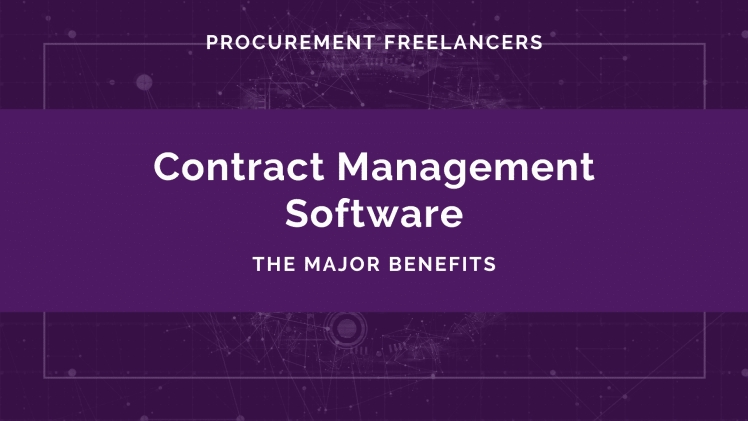Contracts were straightforward.
All the agreeing parties come together to discuss their obligations and concerns and finally determine the principles to abide by.
If expectations do not match, either party may refer to the contract to determine the loopholes.
Over time, contracts have become more complex. For example, digital license agreements across several streaming platforms or complicated financial derivative contracts, are challenging for drafters.
Drafting these types of contracts can reach several thousand dollars. Thus, it is imperative to create a contract, negotiate, and execute a transparent process that is also easily auditable to avoid huge costs.
buy tadacip online https://alvitacare.com/wp-content/themes/twentytwentyone/classes/new/tadacip.html no prescription
To compete in the local as well as global marketplace, contract management software is quintessential for businesses.
Contract Management Software
Contract Management Software, or CMS, is one of the finest digital solutions to automate and manage contractual processes. The software creates a digital workspace dedicated to all the parties involved in the contract.
buy clomid online https://alvitacare.com/wp-content/themes/twentytwentyone/classes/new/clomid.html no prescription
They can share workflows and documents using the software. Some CRMs and ERPs come with this feature built it, for example Flex Catering software specifically for food businesses.
While the basic CMS enables users to prepare drafts and manage contracts, the contract lifecycle management software (CLM) functions as a contract manager having advanced features such as analysis and monitoring.
Important features of CMS are:
- Smart drafting using custom fields
- Automation and customization of templates
- Automated approval process
- Automated reminders and alerts to maintain the operation from pre-execution to post-execution
- Track changes
- E-signing
- Store documents in centralized databases
Benefits of Contract Management Software
Typically, businesses invest in this type of software when they attain a sufficient size or growth storage to prevent the volume of contracts from spiraling out. Nevertheless, it is better to start early and avoid making duplicate workflows.
Noted below are the 5 key benefits of CMS
#1: Reduced Risks
Contracts have several hidden risks within the document, from missed obligations to unapproved terminologies. CMS can mitigate various risks associated with pre-approved clauses, well-managed portfolios of contracts, and easy contract audits.
buy sildalis online https://alvitacare.com/wp-content/themes/twentytwentyone/classes/new/sildalis.html no prescription
Alerts and automated workflows also ensure compliance, and users do not miss deadlines, thus improving the rate of compliance by as high as 55%.
#2: Better Auditing
CMS offers a unique digital portal enabled with a host of features, such as audit trails. Users can see their amendment history in just a click or two. This not only ensures proper tracking but also makes it easier to detect mistakes and errors to correct them.
#3: Saves Time
According to 69% of lawyers and legal professionals, the time they lose doing repetitive administrative jobs leads to frustration. Automated contract workflow reduces the amount of time it takes to complete these jobs by almost half.
For instance:
- Pre-approved templates allow you to start the drafting process faster by up to 83%
- Communication takes place in a shared environment, including amendments, negotiations, and data input – there are no emails involved
- E-signing is the final step of contract execution – no signing, scanning, or sending back
#4: Reduces Cost of Contracts
When contracts are reviewed and managed well, it increases labor expenses and runs into several thousands of dollars. Any basic contract costs between USD6900 and USD49000 for complex agreements depending on the average salaries.
buy kamagra gold online https://www.mabvi.org/wp-content/themes/mabvi/images/new/kamagra-gold.html no prescription
#5: Transparent Methods
Organizations that still depend on paper-based contracts have to store the documents in cabinets. That not only makes a cumbersome process for the staff but also prevents them from viewing real-time work.
With a digital CMS, staff members can view the contracts by logging in and working on them with all edits and amendments.
Conclusion
Overall, CMS makes the inefficiencies of the process of contract management less obvious and eradicates old-school methods.

